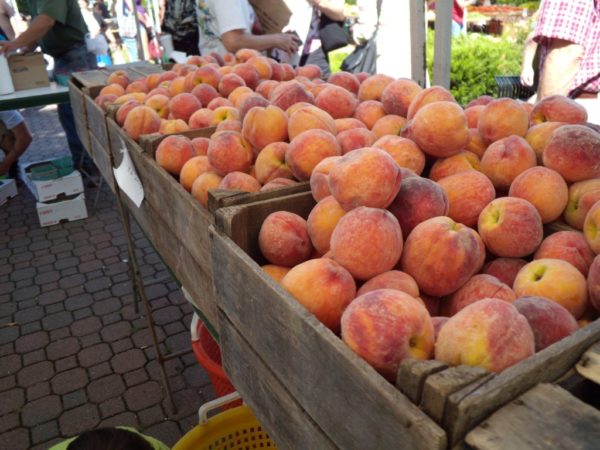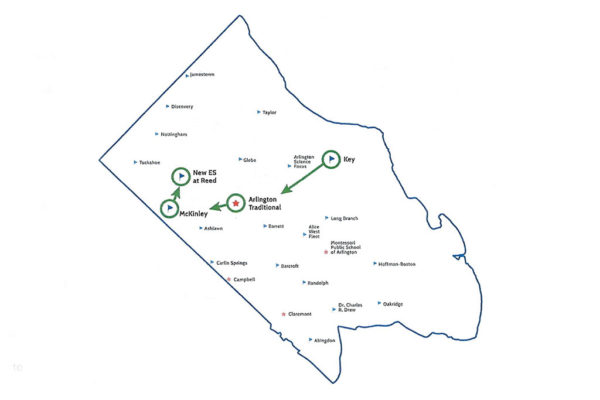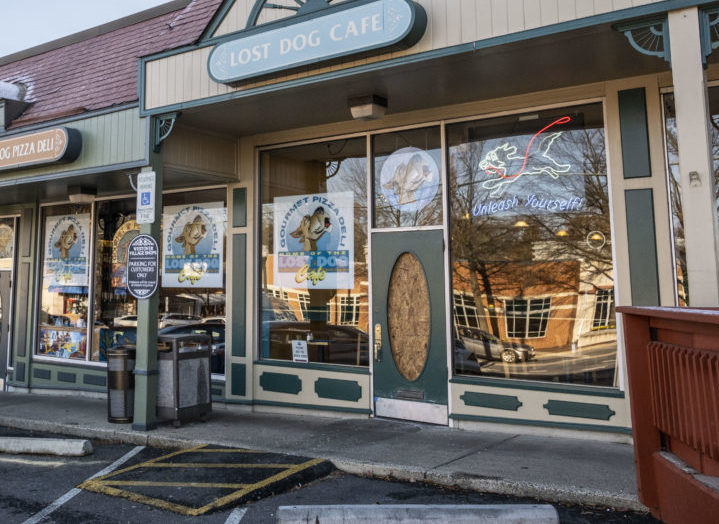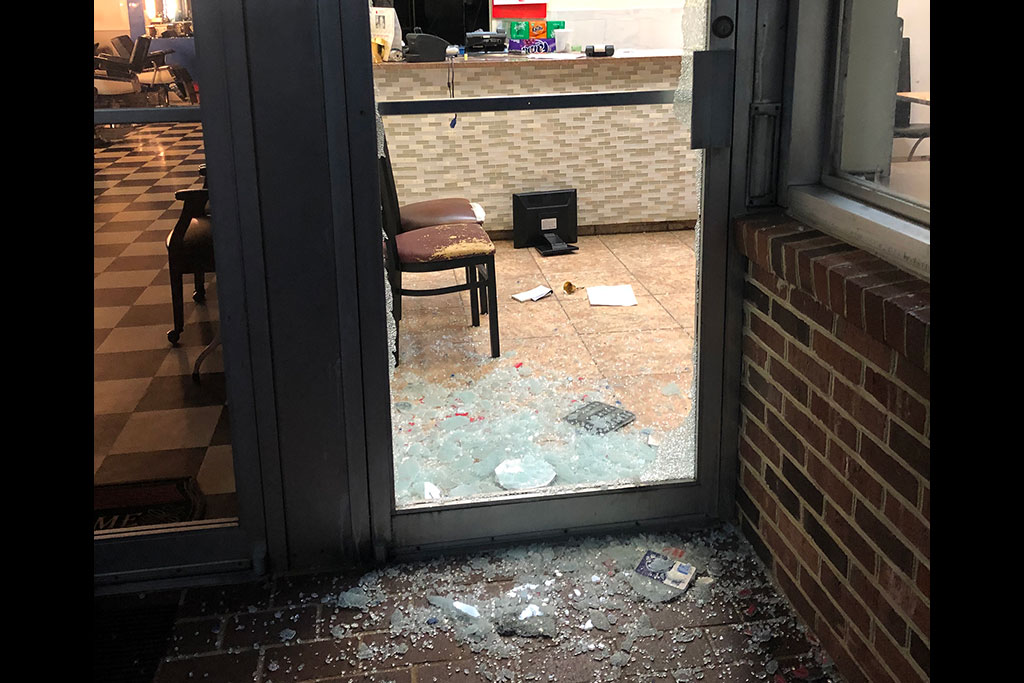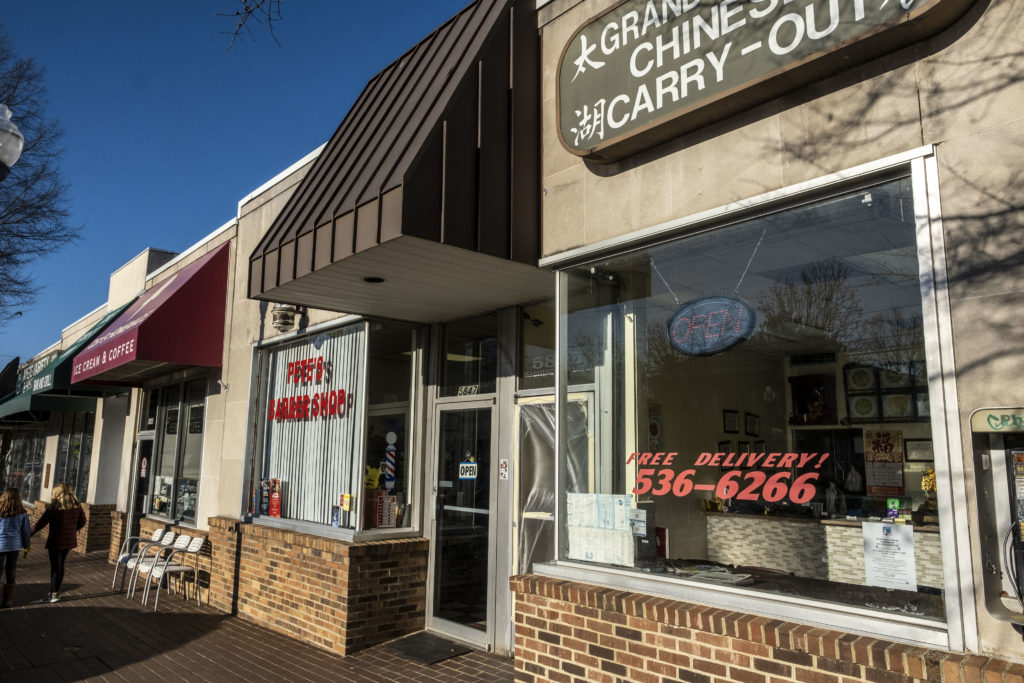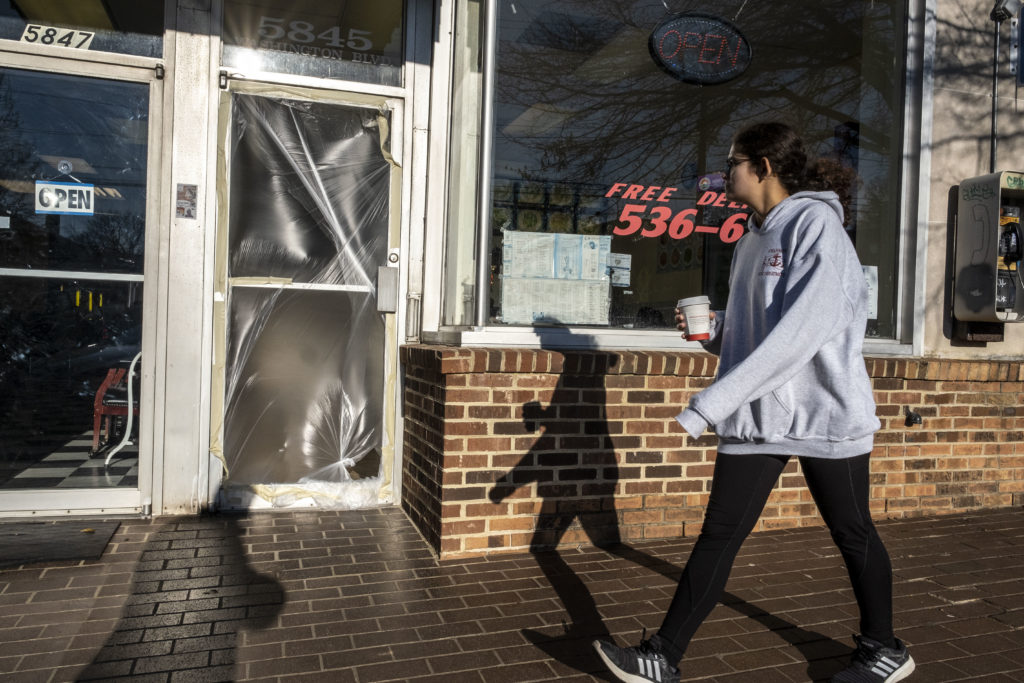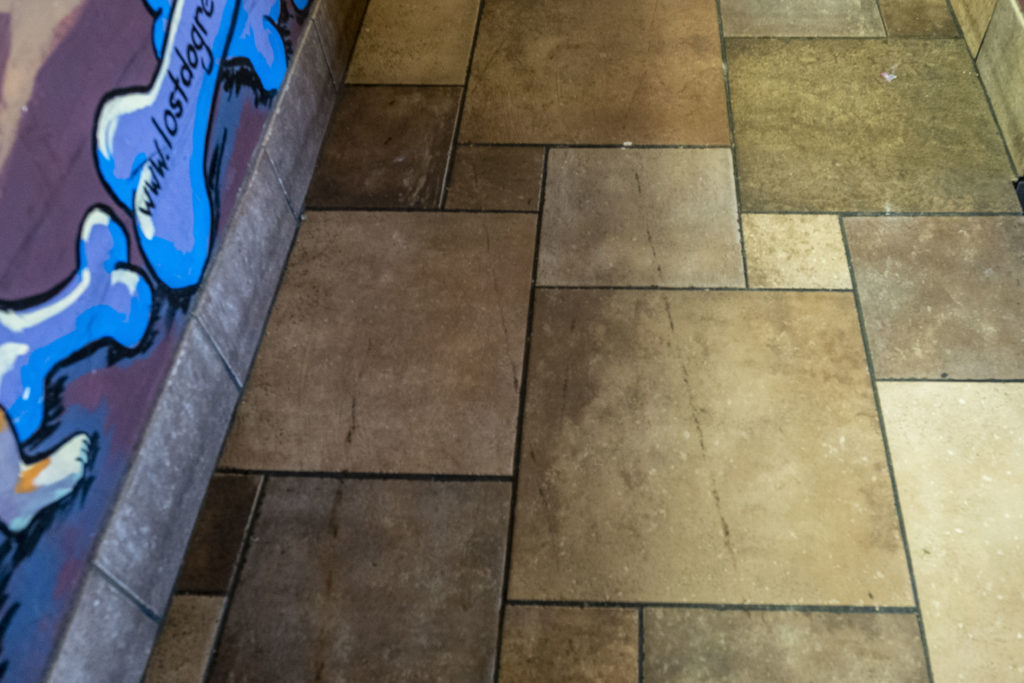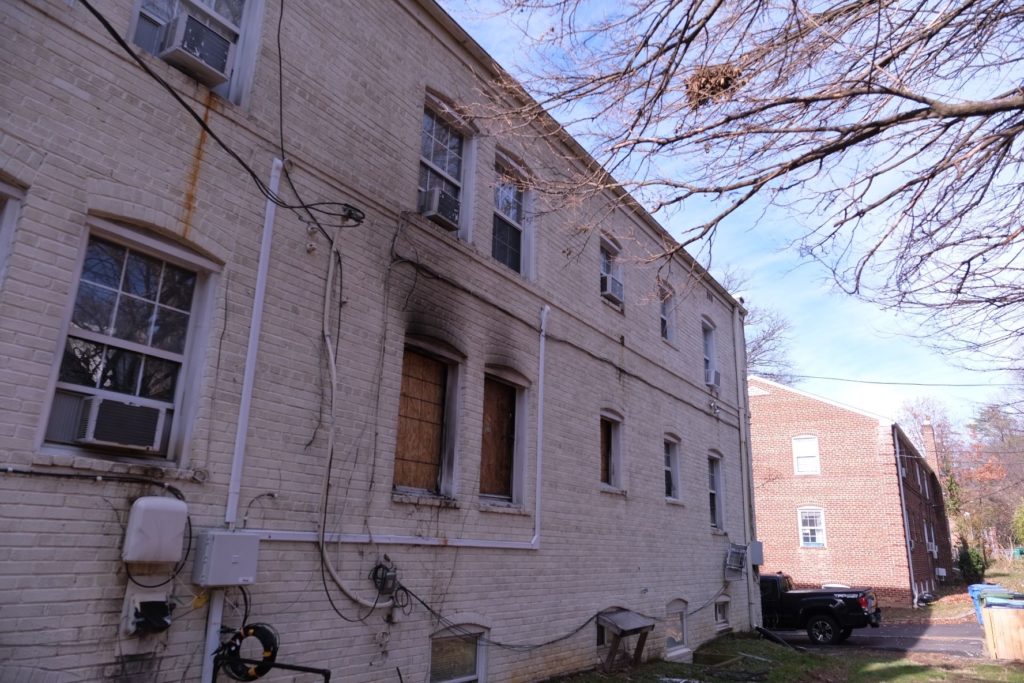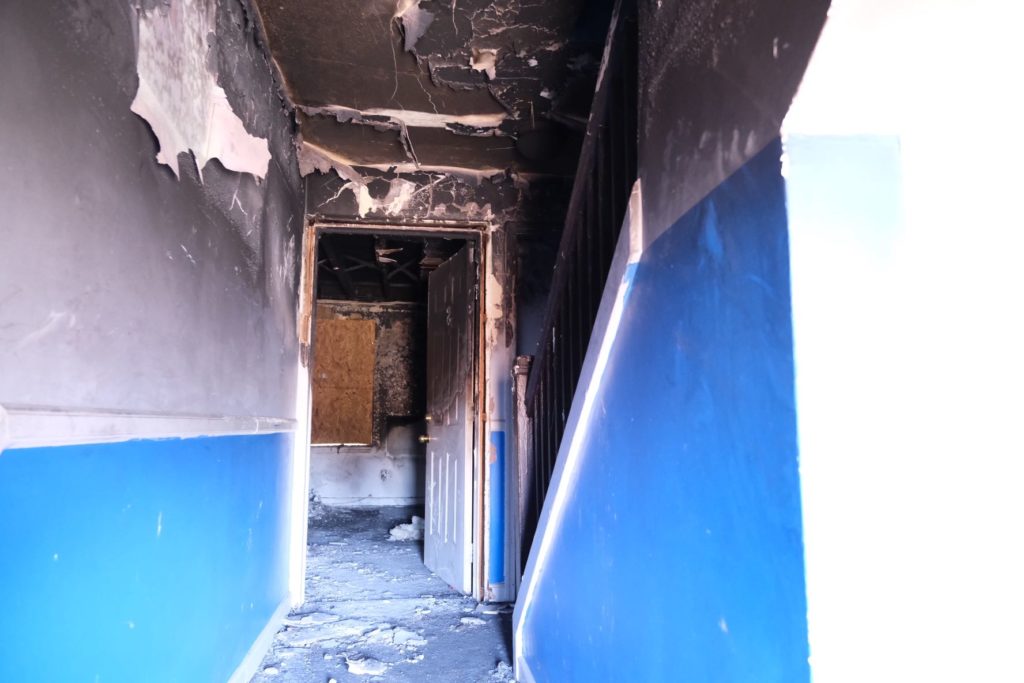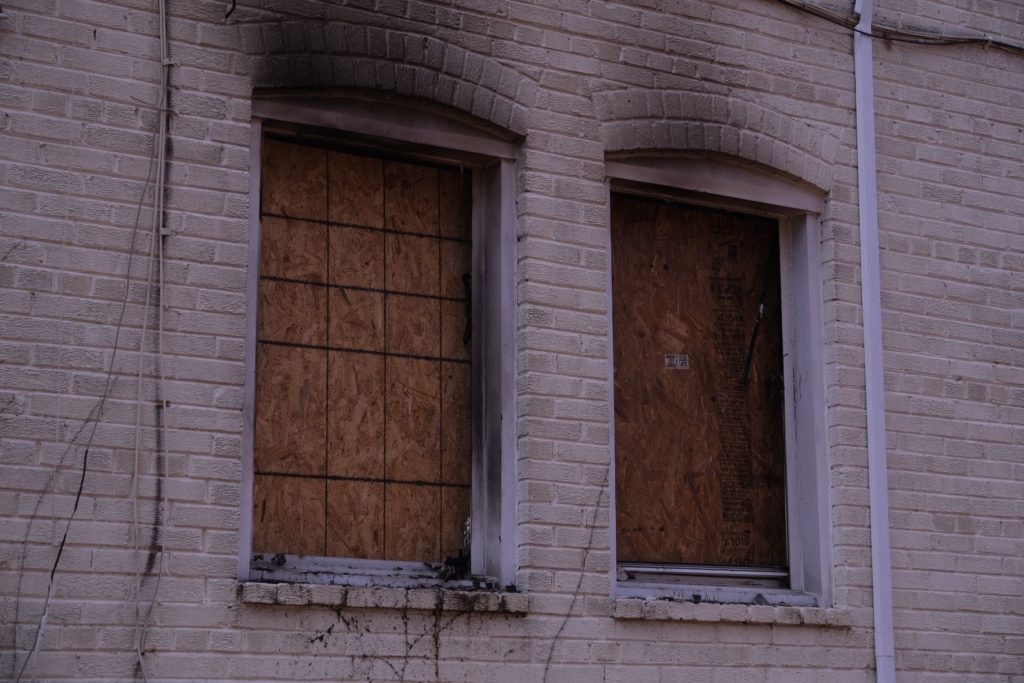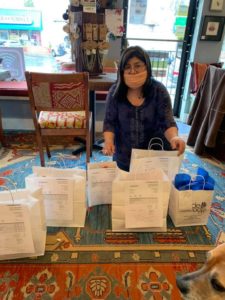
For Lisa Ostroff, owner of Trade Roots, asking for help is a delicate thing.
While there are countless other residents and businesses in Arlington that need assistance, Ostroff is in the uncomfortable position of asking locals to consider helping tradespeople and artisans at far-flung parts of the world who lack the support of America’s admittedly porous safety net.
Ostroff’s store, Trade Roots, brings all sorts of fair trade international goods to Westover at 5852 Washington Blvd. Items range from stationery to jewelry to wine.
“It’s hard because right now people are thinking ‘I don’t need to support Peruvians, I need to support people in Manhattan,'” Ostroff said. “But when this is said and done, we need to think about the people in other countries, too.”
Ostroff said some larger companies canceled orders to foreign countries after the products had already been made, leaving goods and supplies normally welcome in the United States to pile up, disused, and the workers that crafted them left without any pay.
“That’s what companies do,” Ostroff said. “That’s not what happens with fair trade. In the whole supply chain, everybody looks out for the next guy. People I placed some orders with in January called and said ‘don’t worry, [the products] are being held here, but the artists are being paid.’ You take care of people because they take care of us.”
But Ostroff said she hasn’t been able to put in new orders
“I can’t really afford to be placing orders right now,” Ostroff said. “We’re busy selling what we have in stock. And some people I have ordered from, like those in Nepal, nothing is coming in or out because it’s landlocked.”
The store closed early in the pandemic, on March 8, but has since reopened for phone orders and Facetime shopping from 1-5 p.m., Monday-Friday. Ostroff said she was lucky that the store had a decent online presence before the pandemic; the website has since been expanded with options like ordering beer and wine online.
“Fortunately had the bones of a website in place,” Ostroff said. “We’ve been very busy adding, adding, adding to the website. A lot of people are using it. They’ve relaxed some of the rules so I’ve been selling wine to go, which I couldn’t do before.”
In the meantime, Ostroff said her store is getting through the pandemic partially by remembering what life is like for the workers they’re trying to buy from and support.
“There is a little bit of a safety net here, but in these other countries, there is no safety net at all,” Ostroff said. “They’re already living hand to mouth with no savings. It’s a lot harder. I put in a newsletter a video from Peru where they have to shelter in place and there’s a worker sheltering at their workshop with no water and no electricity to keep working.
“Our economy is in shambles but we will get back in a year or two,” she added. Workers in the developing world, however, “live like this all the time.”
Photo via Trade Roots/Facebook







